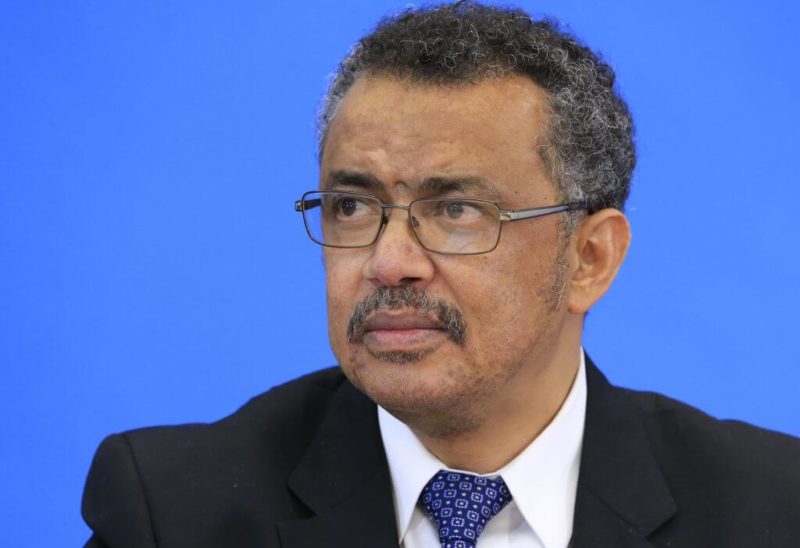WHO Declares Loneliness Global Health Crisis, Launches International Commission
The World Health Organization (WHO) on Wednesday officially recognized loneliness as a global health crisis and announced the launch of an International Commission dedicated to addressing this pressing issue.
Co-chaired by U.S. Surgeon General, Dr. Vivek Murthy, and African Union Youth Envoy, Chido Mpemba, the WHO’s Commission on Social Connection comprises 11 influential policy-makers, thought leaders, and advocates.
Advertisement
With a three-year mandate, the Commission aims to delve into the profound impact of loneliness on health across all age groups and develop scalable solutions.
According to the global health organisation, contrary to the misconception that these challenges mainly impact older individuals in wealthy nations, they affect the health and well-being of people of all ages worldwide, stating that one in four older people experience social isolation and the rates are broadly similar in all regions.
It also said that adolescents, between 5–15 per cent experience loneliness, according to research findings. However, these figures are likely to be underestimations.
The WHO Director-General Dr Tedros Adhanom Ghebreyesus, said “the high rates of social isolation and loneliness around the world have serious consequences for health and well-being.
Advertisement
“People without enough strong social connections are at higher risk of stroke, anxiety, dementia, depression, suicide and more.”
He noted that the Commission’s mission is to establish loneliness as a top-tier global health priority and disseminate effective interventions to combat its adverse effects.
WHO revealed that findings stated that, an absence of social connection is reported to carry a risk of premature death equivalent to or even surpassing that posed by well-known factors like smoking, excessive drinking, physical inactivity, obesity, and air pollution.
The research also underscores the significant repercussions of social isolation on mental and physical health, revealing correlations with anxiety and depression, as well as a notable 30 per cent increase in the risk of cardiovascular disease.
WHO added that the new Commission will “define a global agenda on social connection; raising awareness and building collaborations that will drive evidence-based solutions for countries, communities and individuals.
Advertisement
“This agenda has particular significance at this time, given how the COVID-19 pandemic and its social and economic repercussions undermined social connections.”
U.S. Surgeon General, Dr. Vivek Murthy, expressed eagerness about the Commission’s role in shaping a healthier, more resilient world.
“Given the profound health and societal consequences of loneliness and isolation, we have an obligation to make the same investments in rebuilding the social fabric of society that we have made in addressing other global health concerns, such as tobacco use, obesity, and the addiction crisis.”
It disclosed that social disconnection also can lead to poorer education outcomes; among young people experiencing loneliness in high school, in addition to being university dropouts.
Furthermore, “It can also lead to poorer economic outcomes; feeling disconnected and unsupported in your job can lead to poorer job satisfaction and performance.
African Union Youth Envoy, Chido Mpemba, stressed the universal impact of loneliness, saying, “Young people are not immune to loneliness. Social isolation can affect anyone, of any age, anywhere.”
Advertisement
The Commission is set to convene its first leadership-level meeting from December 6 to 8, 2023. The first major output, a flagship report, is anticipated to be released midway through the three-year initiative to address the global health crisis of loneliness.



